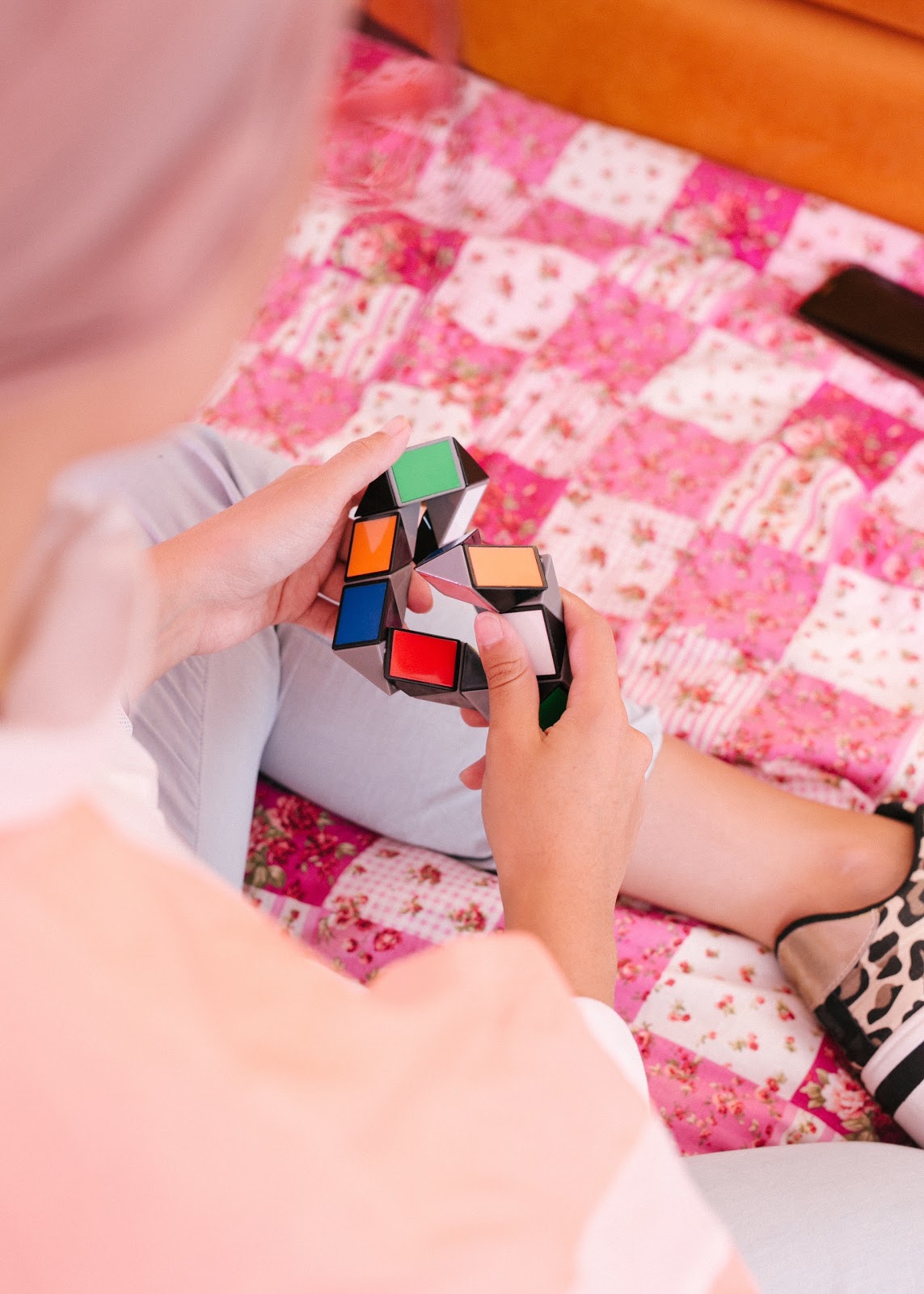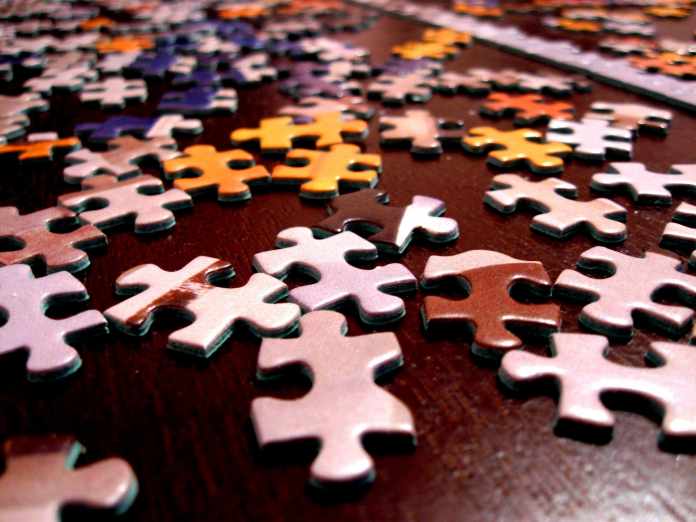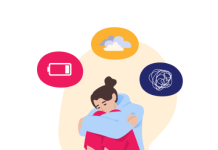Nowadays, it is common to think of how to improve cognitive skills in children, but not so much in adults. However, as the brain function is considered the number one health concern among people, improving cognitive skills is still possible in adults regardless of their age. This is very important to do because if there are signs of diminished cognitive functions, it can lead to premature aging and reduced life expectancy. Read on to find about the six skill puzzles that help you to develop.
Generally speaking, as we age, some cognitive skills such as memory, attention or processing speed can begin to decline. Luckily, there are many things we can do to slow down this deterioration, but one thing which has proven extremely helpful is working on puzzles.
When we think of puzzles, we usually think of them as a hobby or a way to pass the time. The truth is, there is more to them than just having fun. Whether you like solving a crossword puzzle, a brain-teaser or you love working on jigsaw puzzles for adults, all types help boost your brain’s activity. In this post, we have compiled six major benefits puzzles have on your cognitive skills.
Table of Contents
Improved brain health
The right side of the brain is in charge of creativity, emotions and intuitive thinking, while the left side is more logical, objective and methodical. When you solve puzzles, you basically exercise both sides of the brain. They communicate with each other and work together to increase cognitive function.
Keeping the brain healthy can also help delay the onset of diseases like dementia. For example, signs of this disease can vary, but one that is particularly common are problems with memory. So, doing puzzles, especially custom photo puzzles, can bring back memories and improve people’s overall mental speed and thought processes. Also, since dementia patients can easily lose interest in activities, doing jigsaw puzzles can help stabilize this decline.
Higher concentration and productivity
When you do puzzles especially those containing tiny pieces that all look alike, you must pay great attention to details. With such puzzles, you train your eyes to look for slight differences in color and shape to help you put the matching pieces together.
This further helps increase productivity at work. If your job requires precision and orientation to detail, solving puzzles will certainly help you increase your concentration skills. For that reason, many companies today such as Google and Skype have embraced the notion of incorporating a game room in their offices to stimulate the mind and provide cognitive insight and discovery. So for your next lunch break, make sure you opt for a quick puzzle game to relax and sharpen your mind.

Better social and problem solving skills
Doing puzzles, especially in your workplace, can certainly help build better collaboration and teamwork among coworkers. By engaging in such games, employees are given the opportunity to work together in order to improve their relationship and communicate better with each other.
For example, when you work with a coworker on a particular problem, you both look for different ways to solve it. You communicate and usually test multiple hypotheses in order to find the best solution to your problem. Therefore, the skills you use for solving the problem are similar, if not the same, to the skills you use to solve a puzzle. You collaborate with your partner and become more innovative with filling the gap with the right piece, improving your problem-solving skills.

Mood boosts and meditation
Another major benefit of doing puzzles is that it reduces stress and increases positive energy. When you solve puzzles, your brain produces dopamine which is a neurotransmitter responsible for regulating mood, memory, concentration and motivation.
For example, when the brain experiences a massive breakthrough such as completing a jigsaw puzzle with 1000 pieces, dopamine is released. This will instantly boost your mood and make you more relaxed because you will have completed a new challenge successfully. As a result, you will be encouraged to further challenge yourself with more gradient puzzles and reach new heights.
In addition, doing puzzles helps you relax psychologically as you will be focused only on looking for possible solutions to complete the puzzle which will further encourage your mind to relax.
Improved visual-spatial reasoning
Spatial intelligence, or visual-spatial reasoning, is the ability to visualize the positions, shapes and spatial relations of objects in one’s mind as well as the movement they make to form new spatial relations. One way of improving your visual-spatial reasoning is by doing puzzles.
In reality, Puzzles Help You contain pieces in different shapes and sizes which you must put in the right place to form a larger image. So, when you are solving puzzles, you will visualize the shape and position of each piece while using your logic and thinking skills to put it in the right place. Once you complete the puzzle correctly, the result will undoubtedly show that you differentiate different shapes and sizes, possessing great visual-spatial skills.

Higher IQ score
Fluid intelligence, which is the ability to think logically and solve problems in various situations, is a major part of every IQ test that relates to your working memory.
Since solving puzzles helps improve your memory and reasoning skills, it shouldn’t come as a surprise that doing them can provide a higher IQ score too. In fact, according to a research from the University of Michigan, adults can raise their IQ score by 4 points after doing a puzzle for 25 minutes every day.
So, if you are willing to work your mind more, you can do some challenging puzzles. They will help with your logic and problem-solving capabilities which will be further useful in every professional and personal situation.

Final thoughts
All in all, puzzles have a large number of benefits for your overall health besides being a fun way to pass the time and relax. From improved memory and brain function to better problem-solving skills, puzzles have proven useful in performing wonders to the human mind. In fact, every mind is unique which is why people possess various capabilities and they choose different approaches to solve puzzles. So, if you are willing to put your mind to work, go get yourself a jigsaw puzzle and do a fun brain exercise.
















